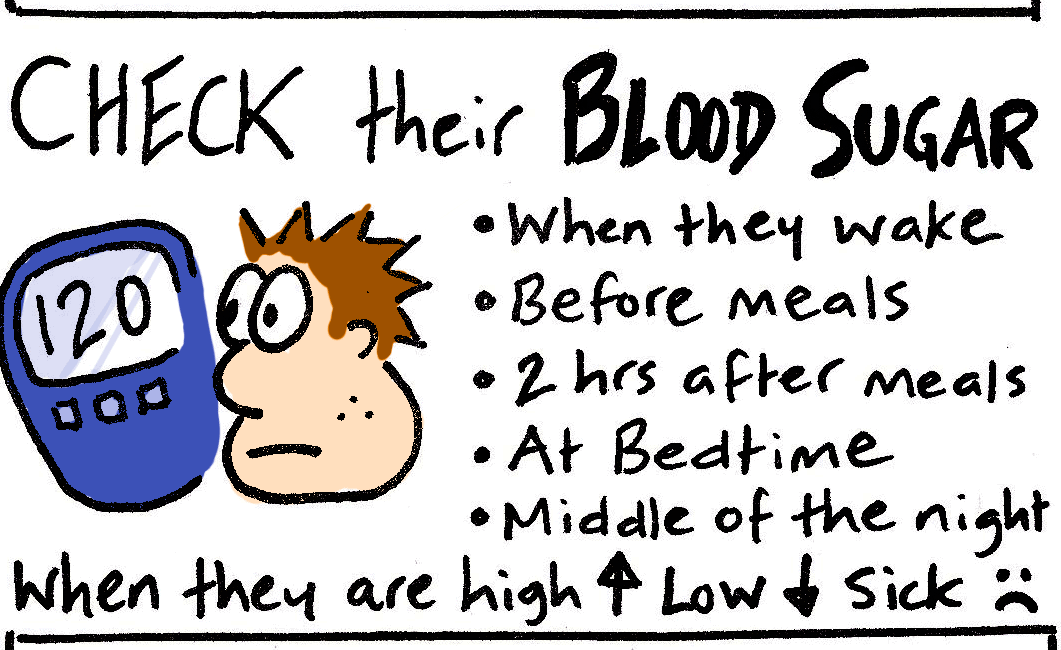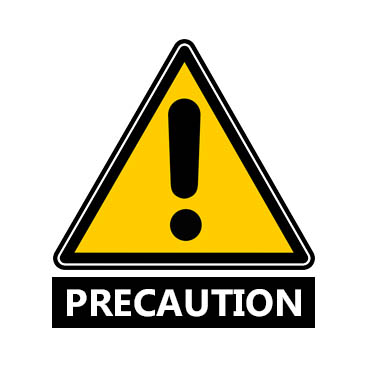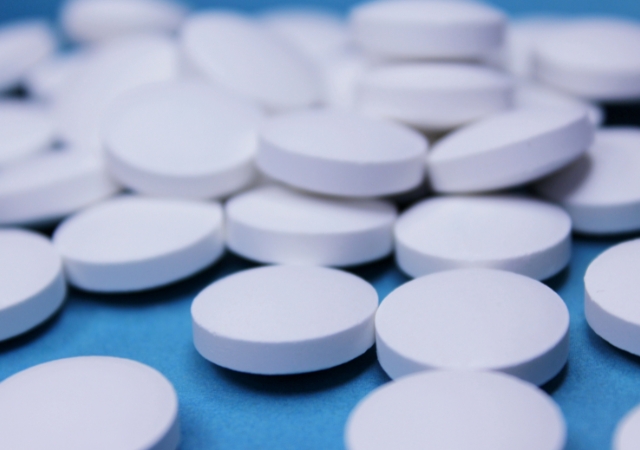
Many people with diabetes have been writing to TheDiabetesCouncil inquiring to see if it is possible to accurately guess one’s blood sugar. That is, to guess the number value exactly, or closely enough to treat it accordingly, without a glucometer.
As a Certified Diabetes Educator, I would highly advise against this practice. People with diabetes should validate the symptoms that they are having with a glucometer. Although they may be able to tell by their symptoms of weakness, sweating, and heart palpitations, that they are low, it is very unlikely that they will be able to guess the number value of their blood sugar.
It is true that with marked hypoglycemic symptoms, and swift progression to confusion, they may not have time to check their blood sugar with a glucometer. They may go ahead and treat with 15 grams of carbohydrates and then check their blood sugar. This may seem to be the safest route to take, rather than waiting until they are unable to help themselves because of a low, and possibly needing assistance from another person.
Contents
Are you a guesser?
PWDs with very high blood sugars may definitely recognize the fatigue, extreme thirst, hunger, and extra trips to the bathroom of an onset signal. In my experience, high blood sugars in the 200-250 mg/dl range are much more difficult to pick up on, as many with Type 2 diabetes may walk around for years with blood sugars around 200-250 mg/dl and not recognize the symptoms.
I seriously doubt that people with diabetes can accurately guess their blood sugars. I have never met a person with diabetes who questioned whether or not they could guess what their blood sugars are exactly. Everyone I have come into contact with verifies their suspicions of low or high blood sugars with a glucometer.
I recommend the following articles for more researched information regarding diabetes:
In my experience, I have not had a person with diabetes tell me that they have accurately guessed their blood sugar with a specific number. They always say things like, “I think I might be low.” Sometimes they say, “I have been going to the bathroom and drinking a lot today, so I must be high.” They do not give me a specific “guess” as to what their actual blood sugar value is.
What is the benefit of SMBG (Self-Monitoring of Blood Glucose) for Type 2 Diabetes?
Everyone knows that people with Type 1 diabetes should check their blood sugars frequently, but it has been controversial as to whether or not all Type 2s not requiring insulin should have recommendations to check their blood sugars.
One study looked at the effects of SMBG on blood sugar control.
100 people with Type 2 diabetes not requiring insulin participated in the study, and the study concluded the SMBG improves glycemic control overall in patients who practice SMBG. Therefore, self-monitoring of blood glucose is of high value for people with Type 2 diabetes that do not require insulin.1
Many studies have evaluated the effectiveness of SMBG. The general consensus is that SMBG improves control of diabetes and should be performed regularly. Tighter control provides less risk of diabetes complications.
British study shows guessing blood sugars does not work well
In 2005, the British Journal of General Practice published a study entitled, “Estimation of blood glucose levels by people with diabetes: a cross-sectional study.” The study took place in one general practice in Oxfordshire, United Kingdom. Though 43.3 percent of people with diabetes in the study underestimated what their blood sugar was, and 17.3 percent overestimated their blood sugar value, 39.4 percent were able to guess in a range the scientists defined as accurate.
The study concluded that the majority of people could not accurately guess, and therefore testing with a glucometer is needed.2
Why is it dangerous if I do not SMBG?
It is dangerous if you do not monitor your blood sugar, or risky at best. Even if you only take oral medications for your diabetes, if you are trending low blood sugars, it could mean medication adjustment is needed. If you do not check your blood sugars, you won’t know that.
Knowing that most people won’t feel any different if they are at 95 mg/dl or 195 mg/dl, so they may be trending high blood sugars and not know that either. They are then putting themselves at risk for long term complications by running sugars that are out of their target ranges over a long period of times.
Regularly checking your blood sugar in the morning before you eat or drink anything, and spot checks two hours past eating breakfast, lunch, and supper, can give you information that can be useful. If you know that your blood sugar is going to run high after your Sunday lunch, you will know to adjust your carbohydrates for that meal, or to take a walk after you eat to help bring down your blood sugar.
If you follow these steps and your blood sugar is still high, you will then know to discuss your medication options with your doctor, and see if an adjustment is needed.
Precautions for SMBG, and making sure your test is accurate
If coding and controls are used with your glucometer, make sure to perform all coding and control testing as specified in the instruction manual included with your glucometer. Make sure that your test strips are not expired. Follow these tips to make SMBG more accurate:
- Wash your hands with warm water
- Dry your hands
- When you cannot wash your hands, use alcohol to clean your fingers and let it dry
- Use a second instead of a first drop of blood (wipe the first drop of blood with a cotton swab, and use the next one to check your blood sugar)
- Test on your fingers (palms and forearms are less reliable)
- Avoid squeezing your finger to get the drop of blood out (washing your hands with warm water helps you to get a good drop of blood)
- Protect your supplies by storing them at room temperature, and avoiding extremes of heat or cold2
Take the test – Can you guess your blood sugar?
OneTouch, one of the leading companies in diabetes products, are trying to sell glucometers. On their website, they have a useful test page where one can test their blood glucose level and where they encourage testing for the best management of one’s diabetes. Here is an excerpt from the website:
When it comes to blood glucose levels, your best guess may not be good enough. Before reading any farther, stop and estimate your blood glucose level. Write down the figure. Now test your glucose. How did your guess and the results of the actual test compare?
You may read more about the test on the OneTouch website here: http://www.onetouch.com/articles/passthistest3.
Now that you have taken the test, how did you do?
Were you able to accurately guess what your blood sugar value was, or do you need some help from your glucometer to safely determine what your actual value is? Please share your experience with taking the test in the comments section below. If you still insist on guessing your own blood sugars instead of SMBG after reading this article, please share your reasons with us in the comments section. We would love to hear from you.
For further reading:
Blood sugar is always a tricky thing to keep track of. You can try guessing it but I would recommend a more precise method. That's why we recommend using a device in many of our other posts.
TheDiabetesCouncil Article | Reviewed by Dr. Christine Traxler MD on June 10, 2020









